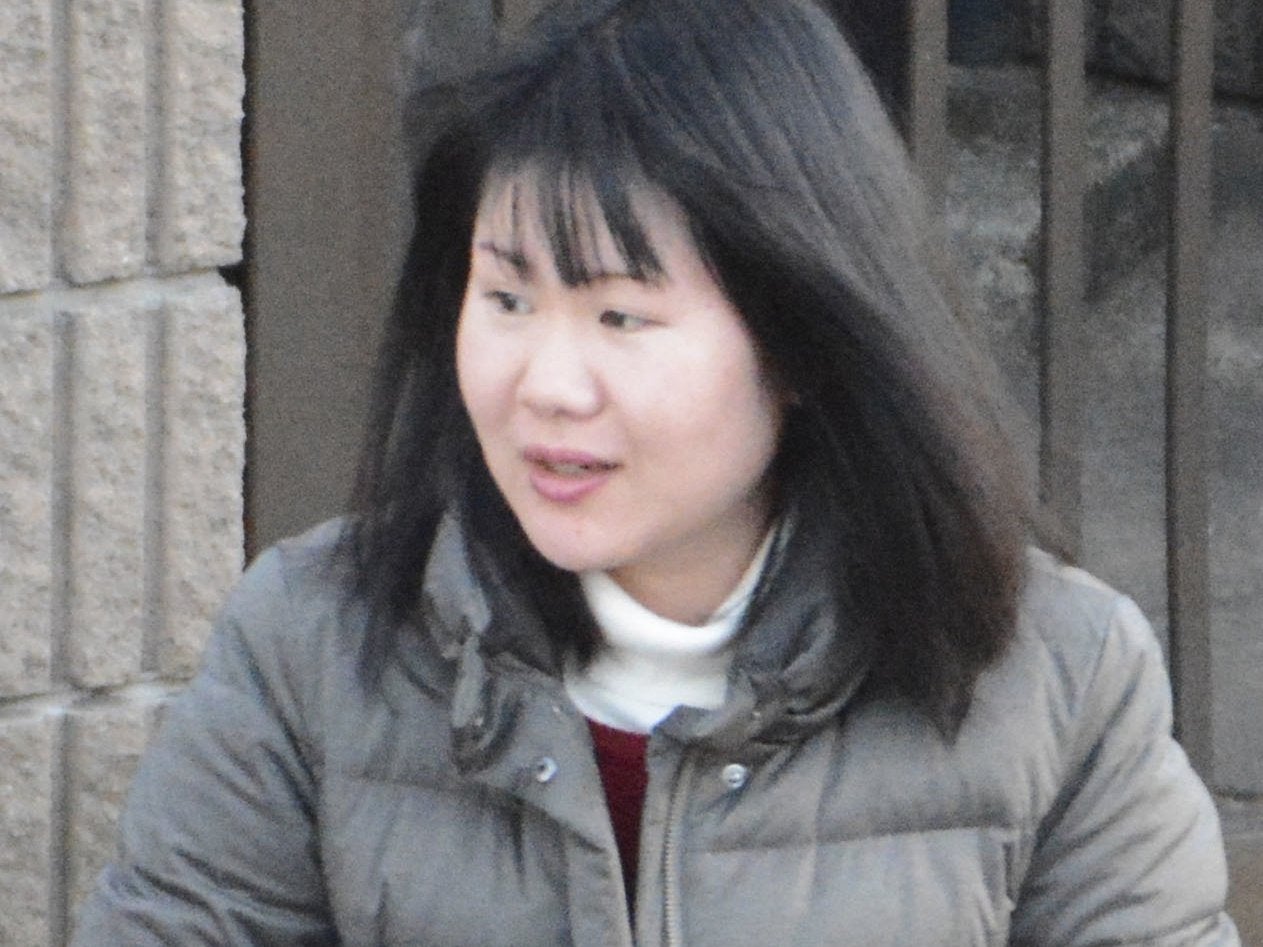Japanese nurse 'poisoned patients' so they would die when she was not on shift
Ayumi Kuboki says she found task of dealing with bereaved relatives 'troublesome'

Your support helps us to tell the story
From reproductive rights to climate change to Big Tech, The Independent is on the ground when the story is developing. Whether it's investigating the financials of Elon Musk's pro-Trump PAC or producing our latest documentary, 'The A Word', which shines a light on the American women fighting for reproductive rights, we know how important it is to parse out the facts from the messaging.
At such a critical moment in US history, we need reporters on the ground. Your donation allows us to keep sending journalists to speak to both sides of the story.
The Independent is trusted by Americans across the entire political spectrum. And unlike many other quality news outlets, we choose not to lock Americans out of our reporting and analysis with paywalls. We believe quality journalism should be available to everyone, paid for by those who can afford it.
Your support makes all the difference.A Japanese nurse has admitted to poisoning dozens of patients because she wanted to avoid the “troublesome” situation of having to explain their deaths to bereaved relatives.
Ayumi Kuboki, 31, was arrested over the suspicious death of an 88-year-old patient in her care, whose blood was found to contain high concentrations of a common antiseptic.
Police said the nurse confessed to poisoning not just Sozo Nishikawa, 88, but also many others over a period of around two months in the autumn of 2016.
“I also administered antiseptic solution with other patients,” Ms Kuboki was quoted as saying by the Asahi Shimbun newspaper. “I did that to about 20 patients.”
During questioning, Ms Kuboki reportedly told police that she only targeted seriously ill patients who she believed would die during her shift.
Breaking the news of a patient’s death to their concerned relatives was the responsibility of the nurse on duty at the time, she explained – something Ms Kuboki dreaded to such an extent that she would go to almost any lengths to avoid it happening.
“It would be troublesome if that responsibility fell on me,” Ms Kuboki told police.
In the case of Mr Nishikawa, police believe the poison was administered at some point between 3pm and 4.55pm, while Ms Kuboki was preparing to start her shift.
His condition rapidly deteriorated and he was confirmed dead by 7pm – while the day-shift nurse was still in the building, meaning she had to be the one to inform the family.
Two days after Mr Nishikawa’s death, a man on the same ward died in similar circumstances.
The body of Nobuo Yamaki, also 88, was subject to an autopsy after another nurse noticed bubbles in his intravenous drip bag. After he was found to have been poisoned, police also investigated the death of Mr Nishikawa.
The investigation was hindered at first by the lack of surveillance cameras in the Oguchi Hospital in Yokohama where the deaths occurred, but they did find small puncture in 10 drip bags at a nurses’ station, leading them to believe the poison was administered with a syringe.
On searching the nurses’ uniforms, they found traces of the antiseptic chemical in Ms Kuboki’s uniform. She was questioned in June after quitting the hospital, and later arrested on 7 July.
Ms Kuboki gained a nurse’s license in 2008 and worked at another hospital before joining Oguchi in May 2015. Police say they will never know for certain the true number of victims, as almost all the bodies would have been cremated.
“We had had no awareness that she was a problem employee,” a worker at Oguchi told the Asahi. Another colleague, from the previous hospital, said Ms Kuboki “was the kind of person who was hard to figure out what she was really thinking, but she was considered competent”.
Join our commenting forum
Join thought-provoking conversations, follow other Independent readers and see their replies
Comments